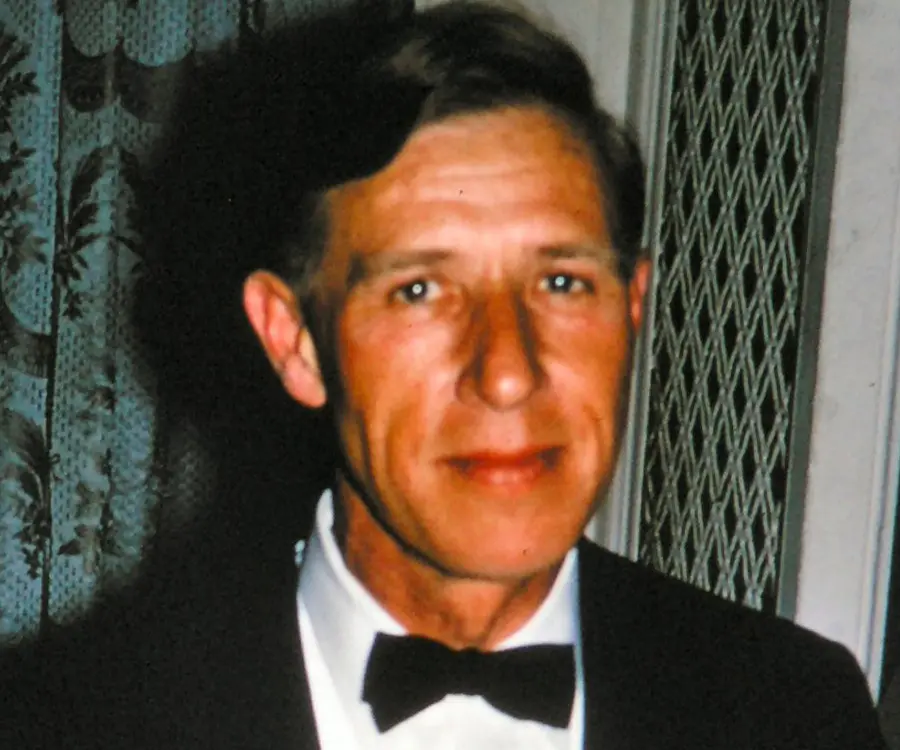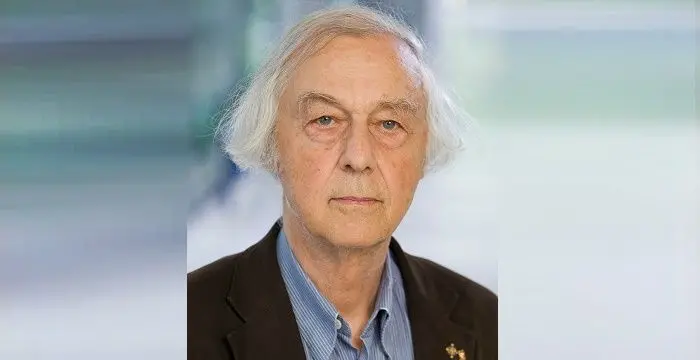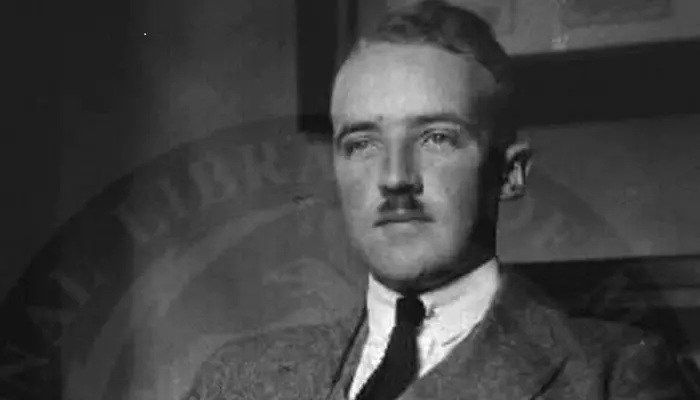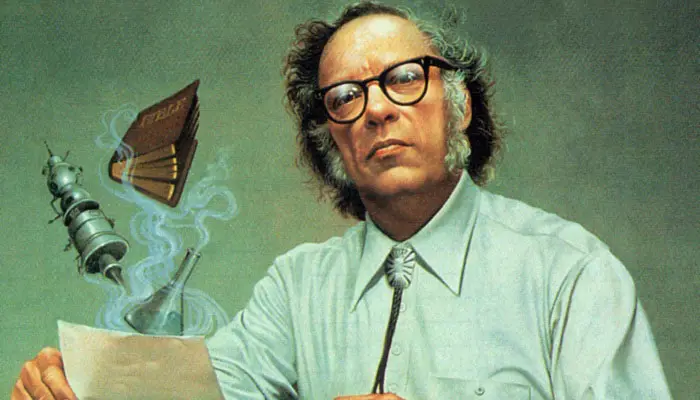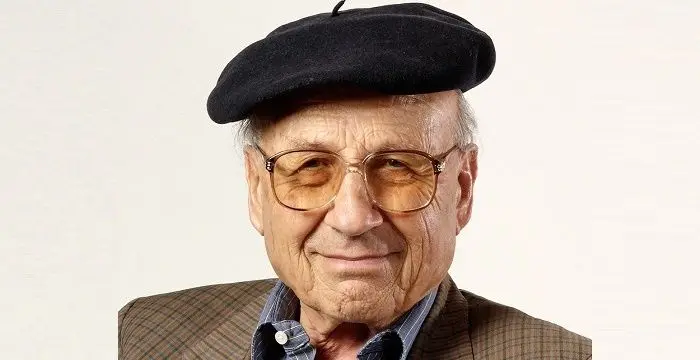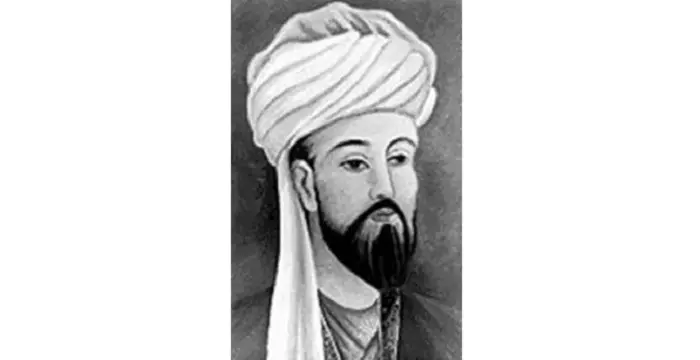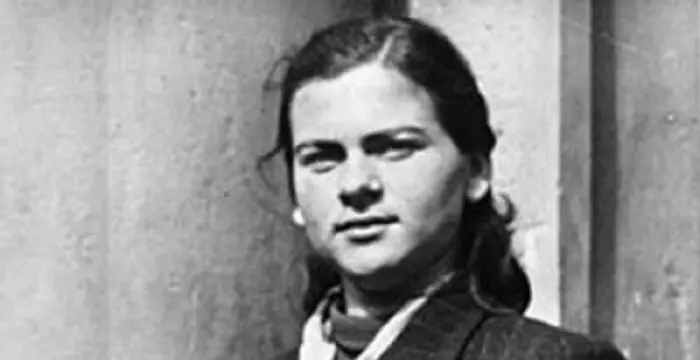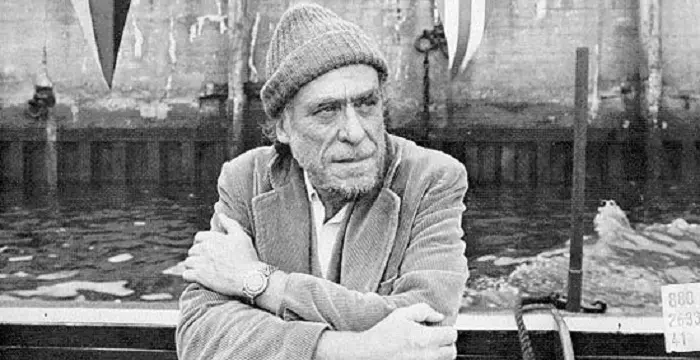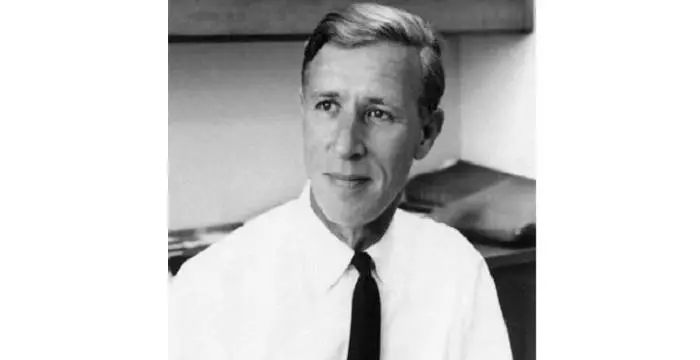
Konrad Emil Bloch - Scientists, Facts and Facts
Konrad Emil Bloch's Personal Details
Konrad Bloch was a German American biochemist who was awarded the ‘Nobel Prize in Physiology or Medicine’ in 1964
| Information | Detail |
|---|---|
| Birthday | January 21, 1912 |
| Died on | October 15, 2000 |
| Nationality | German, Polish, American |
| Famous | Scientists, Chemists, Biochemists |
| Spouses | Lore Teutsch |
| Childrens | Peter C. Bloch, Susan E. Bloch |
| Birth Place | Neisse (Nysa), Silesia, Prussia, German Empire |
| Born Country | Poland |
| Gender | Male |
| Father | Fritz Bloch |
| Mother | Hedwig née Striemer |
| Sun Sign | Aquarius |
| Born in | Neisse (Nysa), Silesia, Prussia, German Empire |
| Famous as | Biochemist |
| Died at Age | 88 |
// Famous Scientists
Juliane Koepcke
Juliane Koepcke is a German-Peruvian biologist, who was the lone survivor among the 92 passengers and crew of the ill-fated LANSA Flight 508 that crashed in the Peruvian rainforest on 24 December 1971. Know more about her life in this biography.
Henry Cavendish
Henry Cavendish was a theoretical chemist and physicist, renowned for discovery of hydrogen and calculation of the mass of earth. To know more about his childhood, profile, timeline and career read on
Konstantin Tsiolkovsky
Konstantin Tsiolkovsky was a Russian rocket scientist and a pioneer of astronautics. This biography provides detailed information about his childhood, family, personal life, career, achievements, etc.
Konrad Emil Bloch's photo
Who is Konrad Emil Bloch?
Konrad Bloch was a German American biochemist who was awarded the ‘Nobel Prize in Physiology or Medicine’ in 1964 along with another German biochemist Feodor Lynen for their independent discoveries related to the mechanism and control of the cholesterol and fatty acid metabolism. He was a Jew and had to escape Nazi Germany following the rise of Adolf Hitler to power. He took refuge initially in Switzerland and later America, eventually becoming a naturalized American citizen. He conducted significant research work in America. His studies regarding the complex procedures applied by animal cells to produce cholesterol made the biochemistry of living animals more comprehensible. These investigations of Bloch manifested significance of cholesterol in cells of animals and aided in laying the foundation for further research work on the analysis and cure of different common ailments. He also analysed all the twenty-seven carbon atoms present in cholesterol molecule. Through his investigations he displayed that the organic molecule called cholesterol evolves the natural steroid-related substances in human being. Many steps involved in conversion of acetate to cholesterol were established by him. During the later stage of his career he examined metabolism of olefinic fatty acids as also researched on the vital antioxidant called glutathione, which aided protein metabolism.
// Famous Biochemists
Robert Huber
Robert Huber is a German biochemist and Nobel Laureate. Check out this biography to know about his childhood, life, achievements, works & timeline.
Charles Best
Charles Best was a great scientist and a renowned physiologist who is remembered for being the co-discoverer of insulin. Read this biography to learn about his profile, childhood, life and timeline.
Isaac Asimov
Isaac Asimov was an American professor of biochemistry and a renowned author of science fiction and popular science books. Read this biography to know more about his life.
Childhood & Early Life
He was born on January 21, 1912, in Neisse, Upper Silesia, at that time a part of the German Empire, in a middle-class family to Fritz Bloch and Hedwig née Striemer as their second child.
He studied in an elementary school followed by the Realgymnasium. He moved to Munich in 1930 and enrolled at the “Technical University of Munich’ (TUM) to study chemistry and chemical engineering. Soon he became interested in organic chemistry and was highly motivated by the teaching of German organic chemist and Nobel Laureate Hans Fischer.
He used to hear great organic chemists like Rudolf Willstätter, Heinrich Wieland and Adolph Windaus while attending the Sessions of the Münchener Chemische Gesellschaft. These great scientists reporting on their research works on enzymes, steroids and porphyrins in such sessions had an immense influence on him.
In 1934 he received the Diplom-Ingenieur in Chemistry. However atrocities of the Nazis against the Jews and rise of Adolf Hitler forced him to leave Germany.
Initially he settled in Davos, Switzerland, where he joined the Swiss institute, ‘Schweizerische Forschungsinstitut’ in a temporary position. In this institute he was exposed for the first time to biochemical investigations when he was delegated to examine the phospholipids of tubercle bacilli, the bacteria responsible for tuberculosis.
In 1936 he moved to the United States where he joined the ‘Columbia University’ following the advice of late Max Bergmann and recieving generous aid from the ‘Wallerstein Foundation’. He enrolled at the College of Physicians and Surgeons of the university in the Department of Biochemistry.
He came under the guidance of Professor of Biological Chemistry Hans T. Clarke and in 1938 he completed his Ph.D in biochemistry from the university.
Career
After completing his Ph.D he was invited by Rudolf Schoenheimer, a German-American biochemist to join the latter’s research team. He stayed in Columbia from 1939 to 1946 and worked with Schoenheimer and his associate, US biochemist David Rittenberg for a few years.
He came to know regarding the use of radioisotopes while working with Schoenheimer and his research team. According to Bloch, he developed an enduring interest in the study of intermediary metabolism as also the issues of biosynthesis.
Following the death of Schoenheimer in 1941, Bloch collaborated with Rittenberg and commenced work on biological synthesis of cholesterol. Through their investigations, they found acetate as a key component of cholesterol. This marked the beginning of his research on complicated pattern of steps in biological synthesis of cholesterol, a subject that he worked on for almost twenty years.
In 1944 he became a naturalized citizen of the US.
He moved to Chicago in 1946 where he was inducted as Assistant Professor of Biochemistry in the ‘University of Chicago’. Apart from his investigations on biosynthesis of cholesterol he also began examining the enzymatic synthesis of tripeptide glutathione along with J. Snoke.
He received ‘Guggenheim Fellowships’, awarded annually by ‘John Simon Guggenheim Memorial Foundation’, thrice in 1953, 1960 and 1975. In 1953, he spent an extremely fruitful year in Zurich with Croatian-Swiss scientist and Nobel Laureate L. Ruzicka and Croatian-Swiss organic chemist V. Prelog and their associates at the ‘Organisch-Chemisches Institut’, ‘Eidgenössische Technische Hochschule’.
He was inducted in the ‘Harvard University’ in 1954 in its ‘Department of Chemistry’ as Higgins Professor of Biochemistry. Later in 1968 he was made Chairman of the Department.
During this period he examined origin of the 27 carbon atoms present in cholesterol molecule. He showed that at first squalene is formed by the body from acetate and would then be converted to cholesterol, a finding also made by Feodor Lynen, the co-recipient of the Nobel Prize along with him.
As fungi also produced squalene, Bloch and his colleagues used radioactive acetate in bread mould and gradually discovered that the origin of carbon atom in cholesterol came from the two-carbon molecule of acetate. This study of Bloch showed importance of acetic acid in formation of cholesterol as also significance of cholesterol as a component of body cells.
He found out that bile as well as a female sex hormone was made of cholesterol and eventually discovered that each steroid related substance in human body is derived from cholesterol.
His research work on different aspects of terpene and sterol biogenesis continued. He also developed interest in studying enzymatic formation of unsaturated fatty acids as also the different facets of biochemical evolution.
From 1966 to 1969 he remained Chairman of the Section of Biochemistry at ‘National Academy of Sciences’.
In 1967 he became President of ‘American Society of Biological Chemists’.
He was conferred with honorary doctorate by many universities including ‘Columbia University’ in 1967, Munich’s ‘Technische Hochschule’ in 1968 and ‘Brandeis University’ in 1970.
‘International Union of Biochemistry’ made him the Chairman of its National Committee in 1968.
He was a member of several academies and societies such as ‘American Academy of Arts and Sciences’, ‘National Academy of Sciences U. S.’ and ‘American Society of Biological Chemists’.
He was a Senior Fellow of the ‘Australian Academy of Science’ and an honorary member of ‘Lombardy Academy of Sciences’.
Post retirement from ‘Harvard University’, he served the ‘College of Human Sciences’ at the ‘Florida State University’ as the Mack and Effie Campbell Tyner Eminent Scholar Chair.
He became a Fellow of the ‘Royal Society’ in 1985.
Major Works
His work on biosynthesis of cholesterol not only manifested the importance of cholesterol in human body but also contributed towards further research to understand how the human body regulate level of cholesterol in blood and tissue.
Awards & Achievements
In 1964 he was awarded the ‘Nobel Prize in Physiology or Medicine’ along with Feodor Lynen.
Personal Life & Legacy
He first met his future wife Lore Teutsch in Munich and married her in the United States in 1941. They were blessed with two children, son, Peter and daughter, Susan.
He was a music lover, enjoyed tennis and skiing and was well-known for his modesty.
He passed away on October 15, 2000 after suffering congestive heart failure at the ‘Lahey Clinic’ in Burlington, Massachusetts.
// Famous Chemists
Henry Cavendish
Henry Cavendish was a theoretical chemist and physicist, renowned for discovery of hydrogen and calculation of the mass of earth. To know more about his childhood, profile, timeline and career read on
Walter Kohn
Nobel Laureate Walter Kohn was an Austrian-born American theoretical chemist and physicist. Check out this biography to know about his childhood, life, achievements, works & timeline.
Jabir Ibn Hayyan
Jabir Ibn Hayyan was a medieval era polymath. Check out this biography to know about his life, works and achievements.
Konrad Emil Bloch's awards
| Year | Name | Award |
|---|---|---|
Other | ||
| 0 | Nobel Prize in Physiology or Medicine in 1964 | |
Konrad Emil Bloch biography timelines
- // 21st Jan 1912He was born on January 21, 1912, in Neisse, Upper Silesia, at that time a part of the German Empire, in a middle-class family to Fritz Bloch and Hedwig née Striemer as their second child.
- // 1930He studied in an elementary school followed by the Realgymnasium. He moved to Munich in 1930 and enrolled at the “Technical University of Munich’ (TUM) to study chemistry and chemical engineering. Soon he became interested in organic chemistry and was highly motivated by the teaching of German organic chemist and Nobel Laureate Hans Fischer.
- // 1934In 1934 he received the Diplom-Ingenieur in Chemistry. However atrocities of the Nazis against the Jews and rise of Adolf Hitler forced him to leave Germany.
- // 1936In 1936 he moved to the United States where he joined the ‘Columbia University’ following the advice of late Max Bergmann and recieving generous aid from the ‘Wallerstein Foundation’. He enrolled at the College of Physicians and Surgeons of the university in the Department of Biochemistry.
- // 1938He came under the guidance of Professor of Biological Chemistry Hans T. Clarke and in 1938 he completed his Ph.D in biochemistry from the university.
- // 1939 To 1946After completing his Ph.D he was invited by Rudolf Schoenheimer, a German-American biochemist to join the latter’s research team. He stayed in Columbia from 1939 to 1946 and worked with Schoenheimer and his associate, US biochemist David Rittenberg for a few years.
- // 1941Following the death of Schoenheimer in 1941, Bloch collaborated with Rittenberg and commenced work on biological synthesis of cholesterol. Through their investigations, they found acetate as a key component of cholesterol. This marked the beginning of his research on complicated pattern of steps in biological synthesis of cholesterol, a subject that he worked on for almost twenty years.
- // 1941He first met his future wife Lore Teutsch in Munich and married her in the United States in 1941. They were blessed with two children, son, Peter and daughter, Susan.
- // 1944In 1944 he became a naturalized citizen of the US.
- // 1946He moved to Chicago in 1946 where he was inducted as Assistant Professor of Biochemistry in the ‘University of Chicago’. Apart from his investigations on biosynthesis of cholesterol he also began examining the enzymatic synthesis of tripeptide glutathione along with J. Snoke.
- // 1954 To 1968He was inducted in the ‘Harvard University’ in 1954 in its ‘Department of Chemistry’ as Higgins Professor of Biochemistry. Later in 1968 he was made Chairman of the Department.
- // 1964In 1964 he was awarded the ‘Nobel Prize in Physiology or Medicine’ along with Feodor Lynen.
- // 1966 To 1969From 1966 to 1969 he remained Chairman of the Section of Biochemistry at ‘National Academy of Sciences’.
- // 1967In 1967 he became President of ‘American Society of Biological Chemists’.
- // 1968‘International Union of Biochemistry’ made him the Chairman of its National Committee in 1968.
- // 1985He became a Fellow of the ‘Royal Society’ in 1985.
- // 15th Oct 2000He passed away on October 15, 2000 after suffering congestive heart failure at the ‘Lahey Clinic’ in Burlington, Massachusetts.
// Famous German peoples
Jordan Carver
Jordan Carver is a famous German model. Let’s take a close look at her personal life, including her age, career, net worth, achievements and some fun facts.
Jürgen Klopp
Jürgen Klopp is a German football manager, and a former professional football player. Check out this biography to know more about his childhood, family, personal life, etc.
Irma Grese
Irma Grese was a notorious German Nazi concentration camp guard during the Second World War. This biography profiles her childhood, life, horrifying acts, death and other facts.
Juliane Koepcke
Juliane Koepcke is a German-Peruvian biologist, who was the lone survivor among the 92 passengers and crew of the ill-fated LANSA Flight 508 that crashed in the Peruvian rainforest on 24 December 1971. Know more about her life in this biography.
Jawed Karim
Jawed Karim is a German-American internet entrepreneur, technologist and co-founder of the video-sharing website, YouTube. Check out this biography to know about his childhood, family, personal life, achievements, age, etc.
Charles Bukowski
Charles Bukowski was a German-born American novelist, short story writer and poet. With this biography, learn in details about his childhood, life, works, career and timeline
Konrad Emil Bloch's FAQ
What is Konrad Emil Bloch birthday?
Konrad Emil Bloch was born at 1912-01-21
When was Konrad Emil Bloch died?
Konrad Emil Bloch was died at 2000-10-15
Where was Konrad Emil Bloch died?
Konrad Emil Bloch was died in Lexington, Massachusetts, US
Which age was Konrad Emil Bloch died?
Konrad Emil Bloch was died at age 88
Where is Konrad Emil Bloch's birth place?
Konrad Emil Bloch was born in Neisse (Nysa), Silesia, Prussia, German Empire
What is Konrad Emil Bloch nationalities?
Konrad Emil Bloch's nationalities is German, Polish, American
Who is Konrad Emil Bloch spouses?
Konrad Emil Bloch's spouses is Lore Teutsch
Who is Konrad Emil Bloch childrens?
Konrad Emil Bloch's childrens is Peter C. Bloch, Susan E. Bloch
Who is Konrad Emil Bloch's father?
Konrad Emil Bloch's father is Fritz Bloch
Who is Konrad Emil Bloch's mother?
Konrad Emil Bloch's mother is Hedwig née Striemer
What is Konrad Emil Bloch's sun sign?
Konrad Emil Bloch is Aquarius
How famous is Konrad Emil Bloch?
Konrad Emil Bloch is famouse as Biochemist



